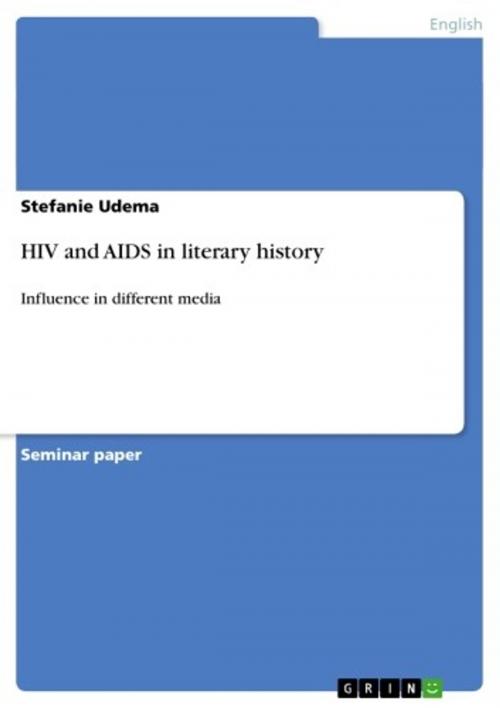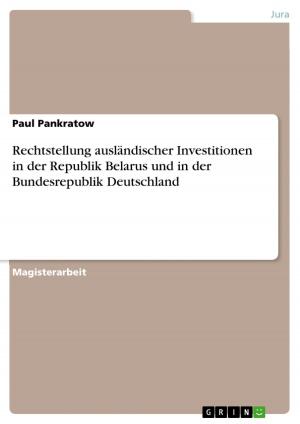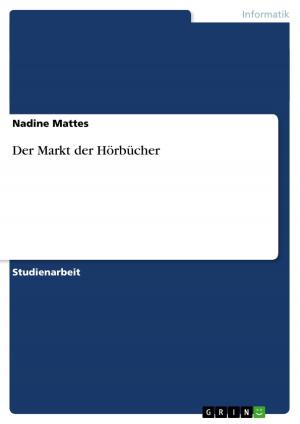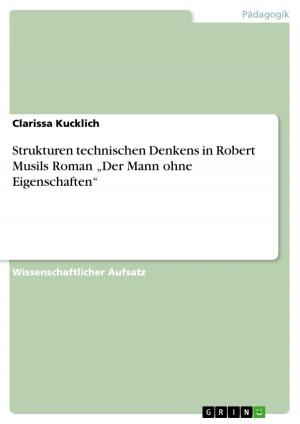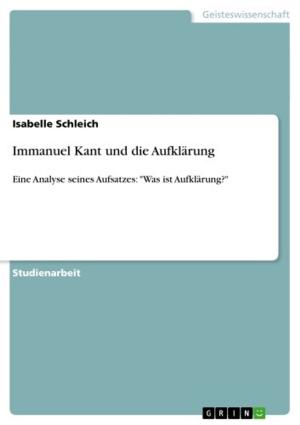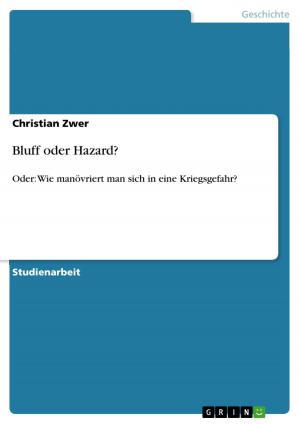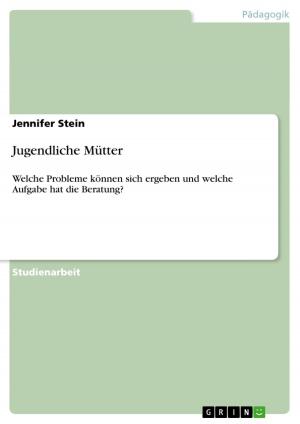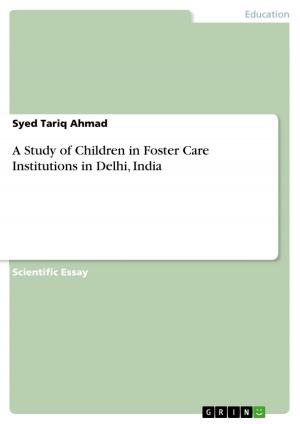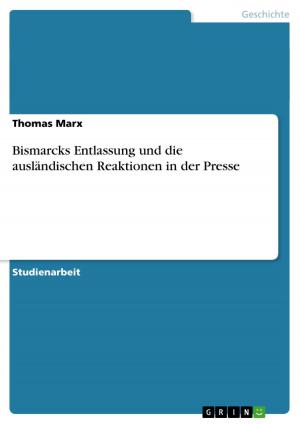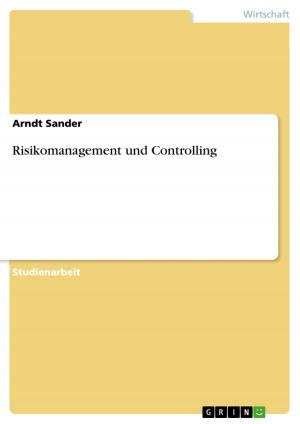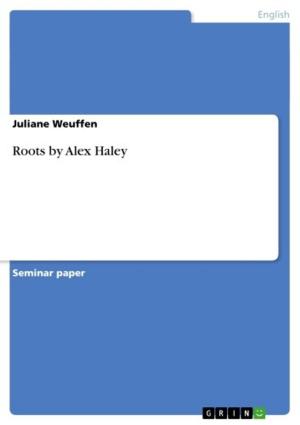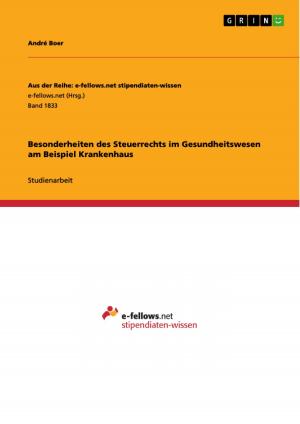HIV and AIDS in literary history
Influence in different media
Fiction & Literature, Literary Theory & Criticism, British| Author: | Stefanie Udema | ISBN: | 9783638860130 |
| Publisher: | GRIN Verlag | Publication: | November 18, 2007 |
| Imprint: | GRIN Verlag | Language: | English |
| Author: | Stefanie Udema |
| ISBN: | 9783638860130 |
| Publisher: | GRIN Verlag |
| Publication: | November 18, 2007 |
| Imprint: | GRIN Verlag |
| Language: | English |
Seminar paper from the year 2004 in the subject English Language and Literature Studies - Literature, grade: 2,0, University of Cologne (Englisches Seminar), 10 entries in the bibliography, language: English, abstract: The following paper deals with AIDS in Literary History and the influence in different media with the focus on creative writing. The paper is divided into two parts whereas the first main part represents the development of that topic through literature. In a first step there will be given a general definition of what is meant by the term media and what we are talking about when referring to them. I concentrate on the medium literature which is mentioned in the topic of this paper. After the description of the beginning in the 1980s the development of AIDS Literature and its extension through literature basically concerning the 1990s will be outlined. The extension through 1980 - 1989 is disposed by the date of publication. The number of creative AIDS writings that highly increased from 1990s until today are arranged according to their literary category in which they appear. These include novels, both biographical and autobiographical style, poems and collections. The question why people write about AIDS will be discussed in the next step of the paper. With reference to feelings of HIV infected people reasons and effects will be analysed more concrete. Furthermore there will be some words on AIDS Literature and Extension today, even if the disease is not that present today as is was in the 1990. To close the circle and come back to the topic of the paper, I present a certain medium that gives AIDS a voice. The second part of this paper consists of an interview given by a HIV infected person called Horst-Johann Peters who also suffered from AIDS and lost his partner in 1995. On the one hand the interview expresses the motivation of being an AIDS activist and represents several feelings that lead to this commitment. On the other hand the interview can be found as a category in different media and is therefore a special part of literature. This paper focuses on literature to give an overview how complex creative AIDS writing in Literary History appears to this day. To be responsive to all other sorts of media mentioned in the table would therefore go beyond the scope.
Seminar paper from the year 2004 in the subject English Language and Literature Studies - Literature, grade: 2,0, University of Cologne (Englisches Seminar), 10 entries in the bibliography, language: English, abstract: The following paper deals with AIDS in Literary History and the influence in different media with the focus on creative writing. The paper is divided into two parts whereas the first main part represents the development of that topic through literature. In a first step there will be given a general definition of what is meant by the term media and what we are talking about when referring to them. I concentrate on the medium literature which is mentioned in the topic of this paper. After the description of the beginning in the 1980s the development of AIDS Literature and its extension through literature basically concerning the 1990s will be outlined. The extension through 1980 - 1989 is disposed by the date of publication. The number of creative AIDS writings that highly increased from 1990s until today are arranged according to their literary category in which they appear. These include novels, both biographical and autobiographical style, poems and collections. The question why people write about AIDS will be discussed in the next step of the paper. With reference to feelings of HIV infected people reasons and effects will be analysed more concrete. Furthermore there will be some words on AIDS Literature and Extension today, even if the disease is not that present today as is was in the 1990. To close the circle and come back to the topic of the paper, I present a certain medium that gives AIDS a voice. The second part of this paper consists of an interview given by a HIV infected person called Horst-Johann Peters who also suffered from AIDS and lost his partner in 1995. On the one hand the interview expresses the motivation of being an AIDS activist and represents several feelings that lead to this commitment. On the other hand the interview can be found as a category in different media and is therefore a special part of literature. This paper focuses on literature to give an overview how complex creative AIDS writing in Literary History appears to this day. To be responsive to all other sorts of media mentioned in the table would therefore go beyond the scope.
